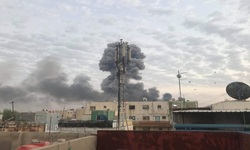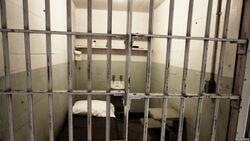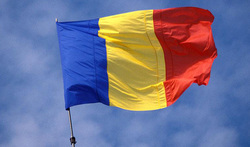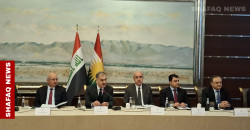Documents... A lawsuit against "BBC" about investigation on "sex trade" in Iraq
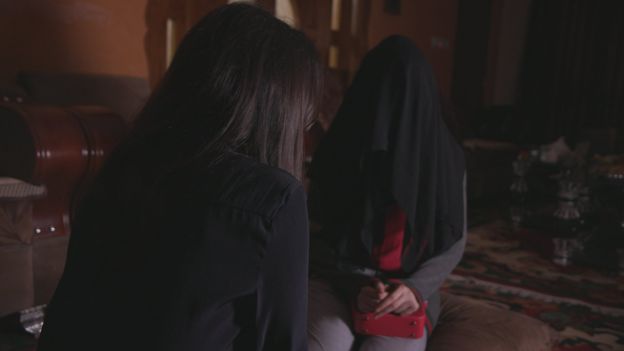
Shafaq News/ After a BBC investigation about the sex trade in religious sites in Iraq sparked controversy, one of the clerics who appeared within the elements of the investigation filed a lawsuit accusing the channel of "falsifying the facts , truncating parts of his speech and put them within a video and produce it to the wishes of the channel. "
In the text of the lawsuit filed by the complainant, who apparently owns an office of legal marriage contracts against the correspondent of the channel (Nawal al-Maqhafi) and the director of "BBC" TV channel in addition to his guest that the correspondent has put an "ambush" for the first, and the security services were penetrated in Kadhimiya city in Baghdad through using people from outside the city , filming the complainant and cutting the filming "Contrary to the fact where he is asked a question on a legitimate subject and the question was cut by someone who claimed to be (Dr. Salem)”.
According to the text of the lawsuit, Dr. Salem dealt with the complainant to hold a permanent legal marriage contract outside the framework of the court (and according to his official authorized office that the "complainant" who is judicial expert and after the presentation of the clip, it turned out that " Dr. Salem" had asked him about "the price of the permanent contract "But at the time the report was presented, it was contrary to what it had requested, wherein it was mentioned as a minor child marriage, which was never addressed."
The lawsuit accused (Dr. Salem) of targeting the complainant and Kadhimiya city by "changing and falsifying the facts in front of public opinion," and "targeting the Iraqi state" documentary report presented by the law on the fifth of October.
The lawsuit mentioned that the filming was against the law and was unbeknownst to the complainant, "as is apparent, and that the film is installed in two ways: (montage, cutting to insinuation).
The lawsuit said that the channel's staff used a taxi driver as a "cleric" and "Sayed" i.e. cleric.
The two lawyers assigned to the case stated that their complainant's client (Hussein Ali Musallam al-Musawi) was an employee of the Shiite Endowment's office, a judicial expert and a well-known person in the city of Kadhimiya, and that what was published by the BBC channel harmed him and his reputation. Now he is not working due to the material and moral damage done to him and his family, including affecting his reputation and dignity.
The two lawyers, as in the lawsuit filed with "Karada Court of First Instance" in Baghdad, demanded a financial compensation of 200 million Iraqi dinars paid by the channel to the complainant.
The TV channel had aired an investigation which it said was an investigation in which it secretly disclosed marriage offices run by some clerics in areas close to some important shrines in Iraq.
Most of the clerics contacted were willing to offer “mutah marriages" or (temporary marriages) for very short periods, sometimes less than an hour for sex, the channel said.
The channel said in the investigation that some of them are willing not only to facilitate the client's access to women and young women, but also to minors girls as young as nine years old.
The BBC's documentary suggests that some clerics act as brokers and provide legal cover for practices involving sexual abuse of children.
A hidden camera identified clerics who describe the victims as minor brides, according to the investigation.
According to the channel, the investigation took 10 months, during which the clerics were filmed with a hidden camera, interviewed women who had been sexually exploited, as well as talking to men who paid some clerics to find Mutah brides.
It is estimated that around one million Iraqi women have been widowed and many displaced after the wars in Iraq, prompting numbers of them to accept Mutah because of need, some of the women told the BBC.
The team found evidence that Mutah marriages are available in some areas near shrines in Iraq. For example, the team spoke with 10 clerics in Baghdad's Kadhimiya district, home to one of the most important shrines of Shiite Muslims.
A report published by Fars news agency, which is close to Iran's Revolutionary Guards, criticized the BBC's investigation, accusing the channel of trying to target al-Arbaeenya visit of Imam Hussein in Karbala.
